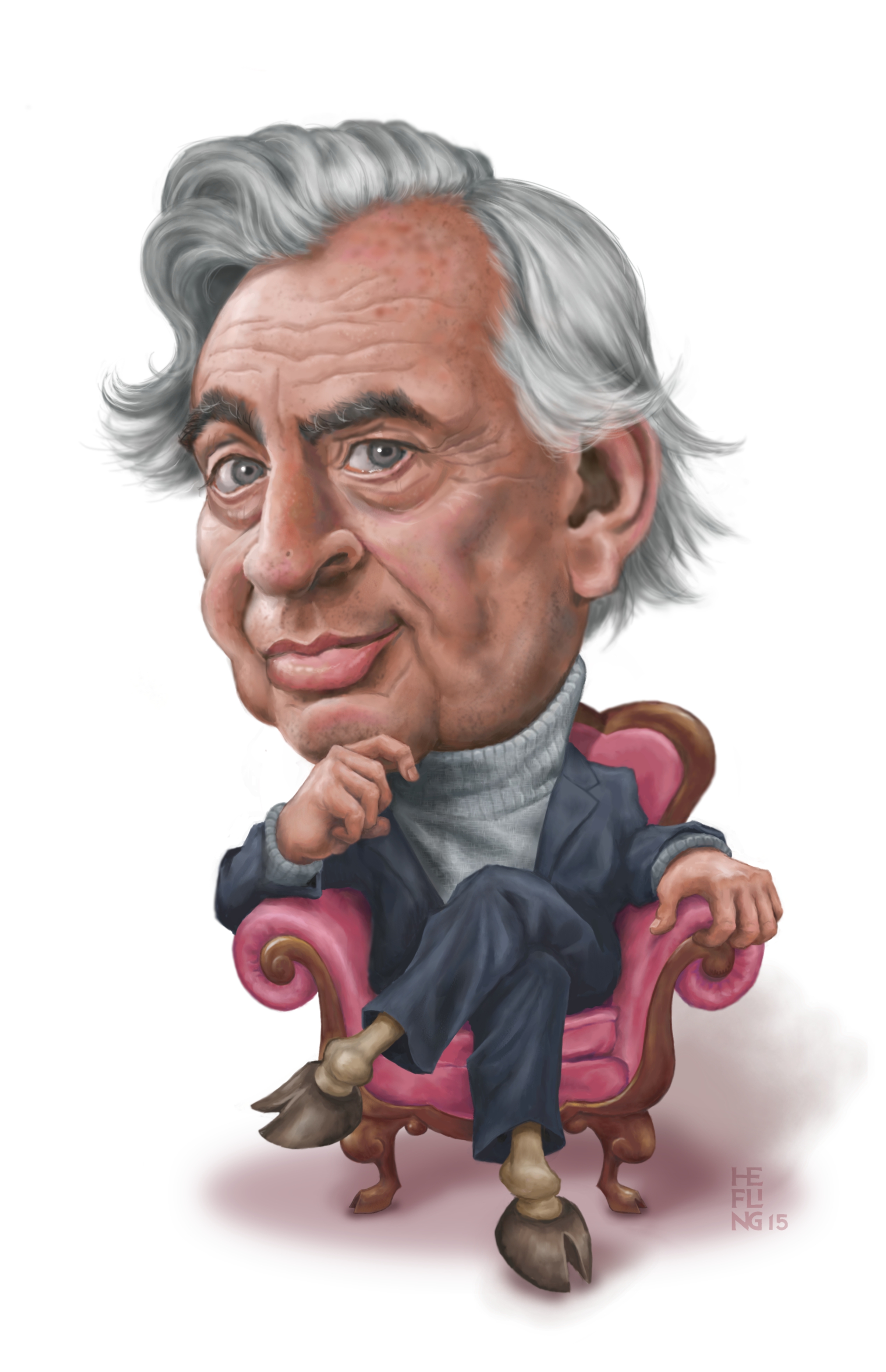IN 1948, Gore Vidal published his groundbreaking novel The City and the Pillar, which depicted a brief affair between two high school boys and its tragic repercussions. The effect of the novel was electric. The dust jacket of the original 1948 printing quotes The New York Herald Tribune: “Frank, shocking, sensational and often embarrassing. … Few readers will put down this book unmoved or untaught.” The New York Times refused to advertise it, but, according to Vidal, none other than Thomas Mann gave it praise. Nevertheless, Vidal was not satisfied. In 1950, a paperback edition appeared with an important change to the ending, and in 1965, a major revision was published with yet another ending. A reprint in 1995 contained some final tweaks.
Vidal wrote The City and the Pillar in a flat, neutral style that was, in his words, “plain and hard.” This prose style was very effective in creating what Vidal intended as a romantic tragedy, a journey of self-discovery rendered bleak and austere by the hero’s sense of alienation as a gay man and by his fixation on re-enacting a romantic sexual encounter that had occurred between him and a straight high school friend. In Vidal’s words, he is ultimately destroyed by “too much looking back.”
For readers of the postwar era, it came as a revelation that there was a vast yet unacknowledged gay world, or underworld, out there. As the protagonist, Jim Willard, travels through the gay subcultures of the early 1940s: we learn of gay life in the merchant marines, in Hollywood, and in New York. When Jim enlists as a soldier during World War II, we discover that gay men also served in the U.S. Army. Jim Willard is handsome, athletic, and able to pass as straight, though he does gradually come to accept himself as homosexual. He cannot forget the idyllic encounter he had with his close high school friend Bob Ford while the two were spending a weekend alone in the woods.
Philip Smith, a retired legal assistant who worked for an anti-trust firm in Los Angeles, is still active as a freelance musician.








Discussion1 Comment
A fine appreciation. “The City and the Pillar” is the first gay novel I ever read. The original version in paperback honestly summarized. Also the revised version of 1965. I think Vidal caught what it was like being a gay man in the 1940’s. Many of the men I met who who were Jim Willard’s age then, sort of corroborated the milieu captured in the novel. For me “Myra Breckinridge” is one of the great satires in American literature. Vidal historical novels “Julian” and “Creation” as well as his epic novels of American history beginning with “Burr” hold up very well. But the original sexual encounter in the 1948 version of Jim and Bob perhaps influenced by D. H. Lawrence is as hot today as it was back then when I was a teenager. Vidal after a lifetime of thinking came to the same conclusion that many if not most gay men accept today “Love is Love”